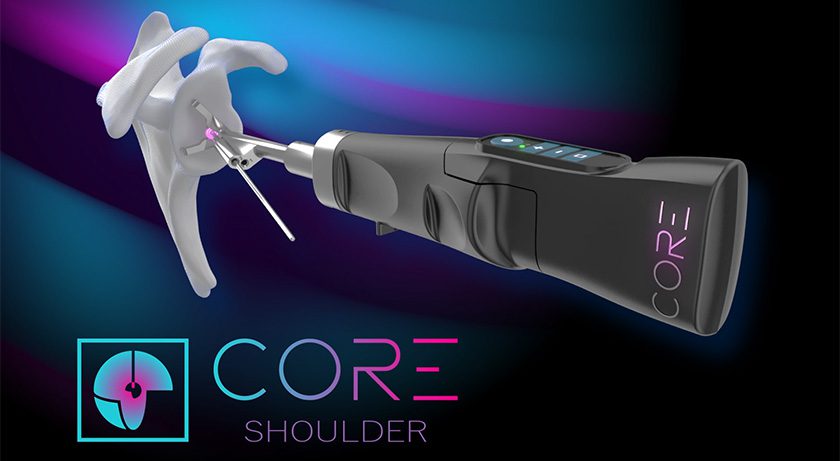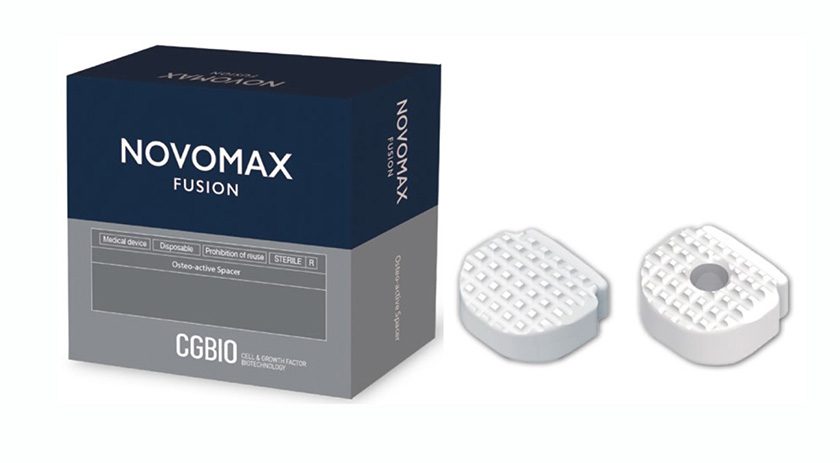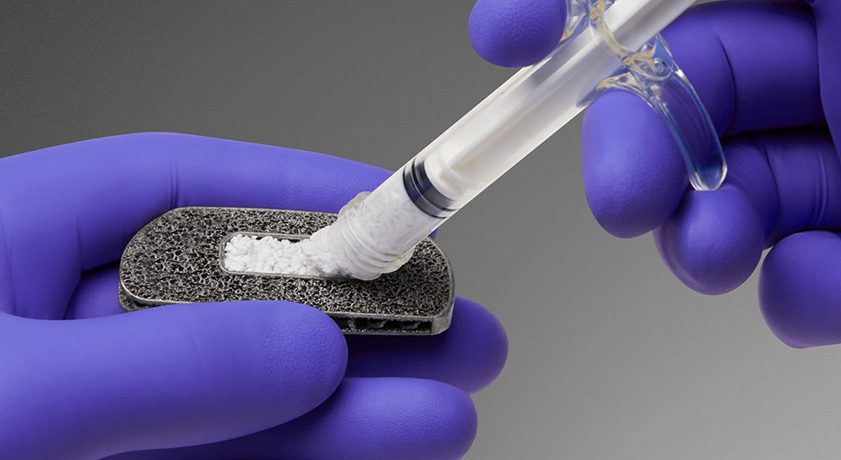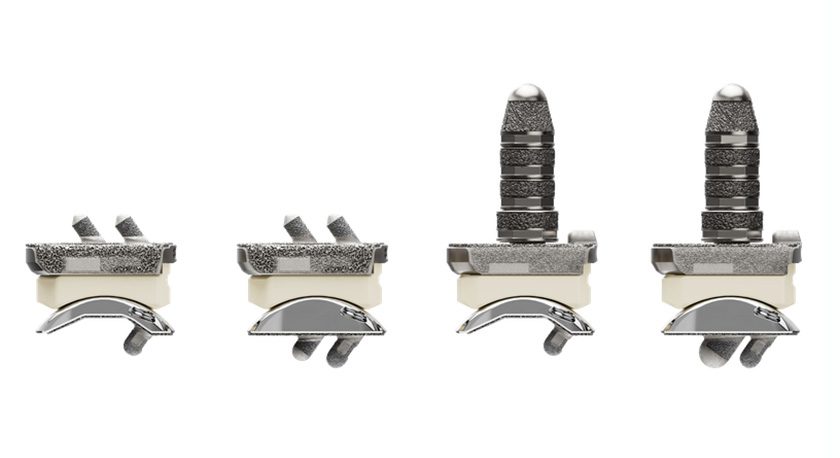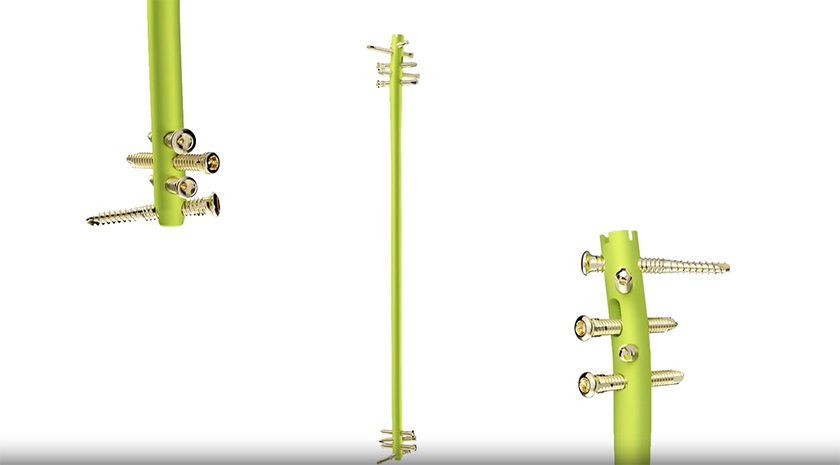
 Copy to clipboard
Copy to clipboard 
In vitro study results suggest that CartiHeal’s Agili-C™ implant can enhance osteogenic differentiation of human bone marrow-derived mesenchymal stem cells (MSCs).
Agili-C device is a porous, biocompatible and resorbable bi-phasic aragonite-based scaffold made of interconnected natural inorganic calcium carbonate. The study investigated mechanisms induced by the bone phase of the implant on the osteogenic differentiation of bone marrow-derived MSCs when cultured under differentiation-inducing conditions.
Results demonstrated that the bone phase of the bi-phasic scaffold supports bone-forming differentiation and enhanced proliferation of the MSCs at molecular and histological levels. The scaffold was colonized by differentiating MSCs, suggesting suitability for use in bone voids to accelerate healing. The mechanism of osteogenic differentiation was found to involve scaffold surface modification with de-novo production of calcium phosphate deposits. This novel coral-based scaffold may promote the rapid formation of high-quality bone during the repair of osteochondral lesions.
Agili-C is not available for sale in the U.S.; it is an investigational device limited for use in the IDE study.
Source: CartiHeal
In vitro study results suggest that CartiHeal's Agili-C™ implant can enhance osteogenic differentiation of human bone marrow-derived mesenchymal stem cells (MSCs).
Agili-C device is a porous, biocompatible and resorbable bi-phasic aragonite-based scaffold made of interconnected natural inorganic calcium carbonate. The study...
In vitro study results suggest that CartiHeal’s Agili-C™ implant can enhance osteogenic differentiation of human bone marrow-derived mesenchymal stem cells (MSCs).
Agili-C device is a porous, biocompatible and resorbable bi-phasic aragonite-based scaffold made of interconnected natural inorganic calcium carbonate. The study investigated mechanisms induced by the bone phase of the implant on the osteogenic differentiation of bone marrow-derived MSCs when cultured under differentiation-inducing conditions.
Results demonstrated that the bone phase of the bi-phasic scaffold supports bone-forming differentiation and enhanced proliferation of the MSCs at molecular and histological levels. The scaffold was colonized by differentiating MSCs, suggesting suitability for use in bone voids to accelerate healing. The mechanism of osteogenic differentiation was found to involve scaffold surface modification with de-novo production of calcium phosphate deposits. This novel coral-based scaffold may promote the rapid formation of high-quality bone during the repair of osteochondral lesions.
Agili-C is not available for sale in the U.S.; it is an investigational device limited for use in the IDE study.
Source: CartiHeal

You are out of free articles for this month
Subscribe as a Guest for $0 and unlock a total of 5 articles per month.
You are out of five articles for this month
Subscribe as an Executive Member for access to unlimited articles, THE ORTHOPAEDIC INDUSTRY ANNUAL REPORT and more.
JV
Julie Vetalice is ORTHOWORLD's Editorial Assistant. She has covered the orthopedic industry for over 20 years, having joined the company in 1999.


